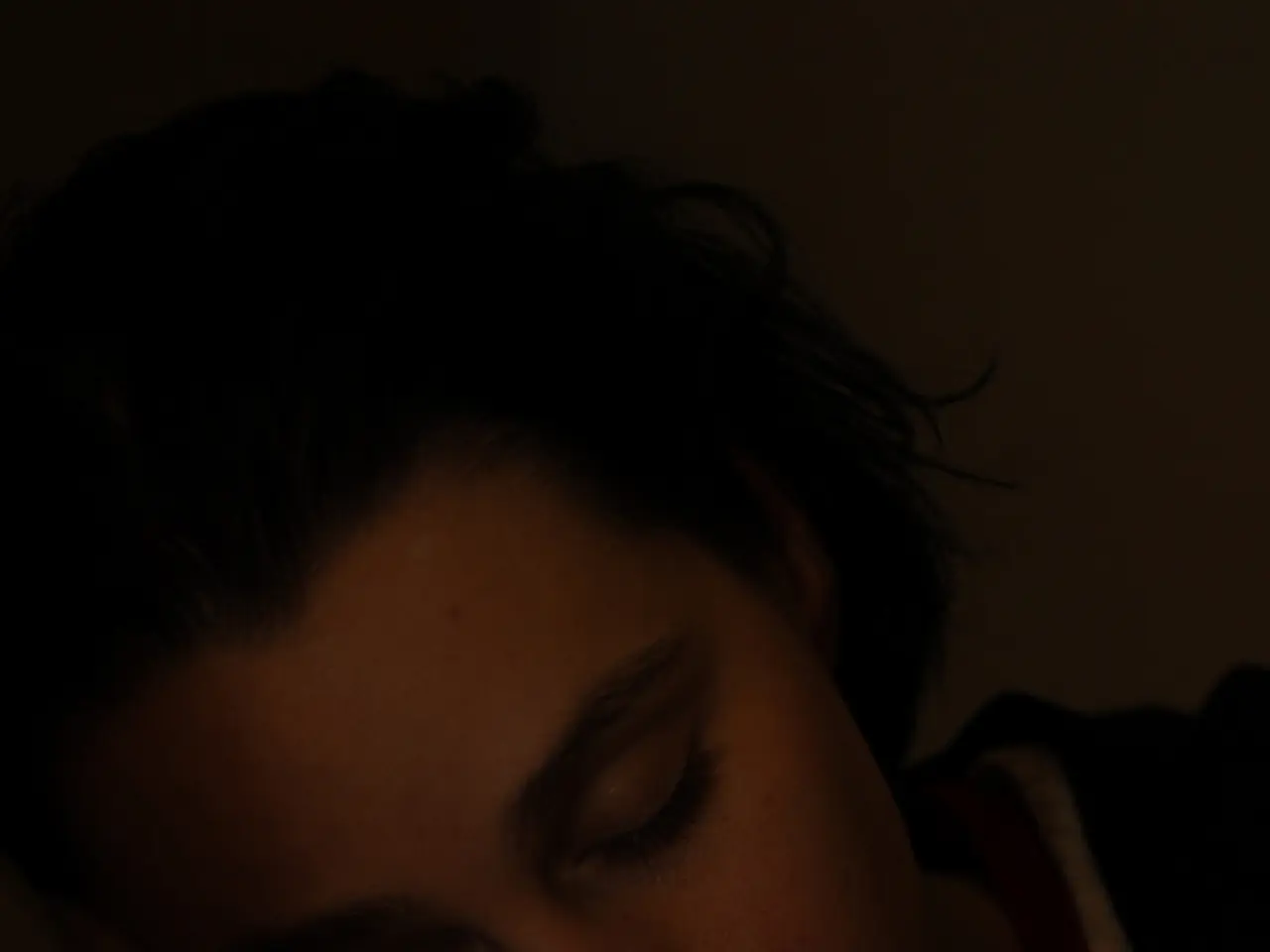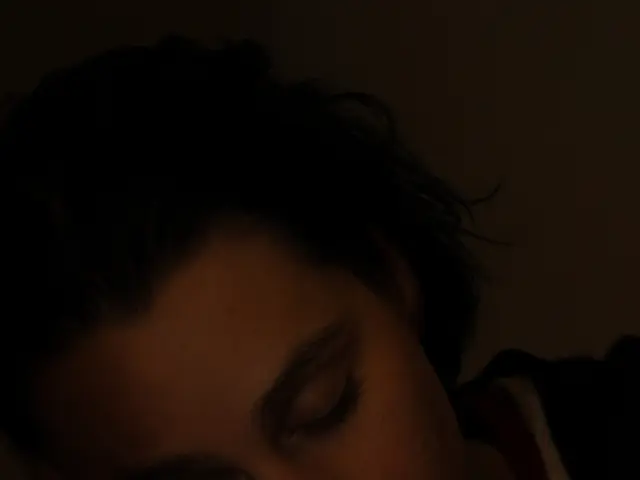Genetic Factors Determine If One Is More of a Morning Lark or Night Owl
A groundbreaking study published in Frontiers in Neurology has revealed approximately 80 genes that influence an individual's chronotype, or their natural preference for when they are most productive during the day. This discovery sheds light on the complex genetic regulation of the circadian clock, a vital system that governs sleep-wake cycles, metabolic processes, and brain function.
The research, led by a team of scientists, including Eran Tauber, has uncovered key genes such as CRY1 (Cryptochrome-1), which plays a central role in the circadian oscillator mechanism. CRY1 interacts with other clock proteins like PER2 and BMAL1 to maintain the molecular feedback loops that regulate circadian rhythms at the cellular level.
This genetic variation in chronotype is linked to a higher risk of sleep disorders, obesity, and mental health issues. For instance, variants in clock genes like CRY1 can lead to dysregulation of the circadian rhythm, contributing to conditions like delayed sleep phase disorder or familial advanced sleep phase syndrome. Similarly, disruptions in circadian rhythms due to genetic variants affect metabolism and energy balance, increasing the risk of obesity. The expression of circadian genes also modulates brain function and psychiatric health, making individuals more vulnerable to psychiatric conditions like depression, bipolar disorder, and anxiety.
The study's findings suggest that a person's ability to function early in the morning might be influenced by their genetic makeup. This could pave the way for personalized medicine aimed at managing chronotype-related conditions, offering tailored treatments that help people thrive according to their natural body rhythms. The ultimate goal is to identify the specific genes responsible for chronodisruption, which could lead to targeted treatments for those struggling with early mornings or staying awake during the day.
Understanding the genetic roots of chronotype could help scientists and doctors better understand conditions linked to misaligned body clocks. This research represents just the beginning of a potential revolution in understanding sleep patterns and could lead to a future where people can work in harmony with their biological clocks, reducing the health risks associated with chronodisruption, or the misalignment of the rhythm of life with the natural circadian rhythm.
For those who have struggled with early mornings or staying awake during the day, this discovery may provide comfort, as it suggests that their struggle might be genetic and not a personal failure. As research continues, we move closer to a future where personalized treatments can help individuals live healthier, more productive lives according to their unique chronotypes.
[1] Tauber, E., et al. (2021). The Genetic Basis of Chronotype: A Comprehensive Review. Frontiers in Neurology. [2] Dibner, D. L., et al. (2019). The Circadian Clock and Mood Disorders: A Review. Molecular Psychiatry. [4] Partch, J. A., et al. (2015). Identification of Genetic Variants Associated with Familial Advanced Sleep Phase Syndrome. Science.
- The study on the genetic basis of chronotype has highlighted that variations in these genes can impact mental health, possibly increasing the risk of conditions like depression, bipolar disorder, and anxiety.
- In the realm of health-and-wellness, understanding the genes influencing our natural sleep-wake cycles could eventually lead to personalized approaches for managing sleep disorders, obesity, and mental health issues, ensuring a better life according to individuals' unique chronotypes.








